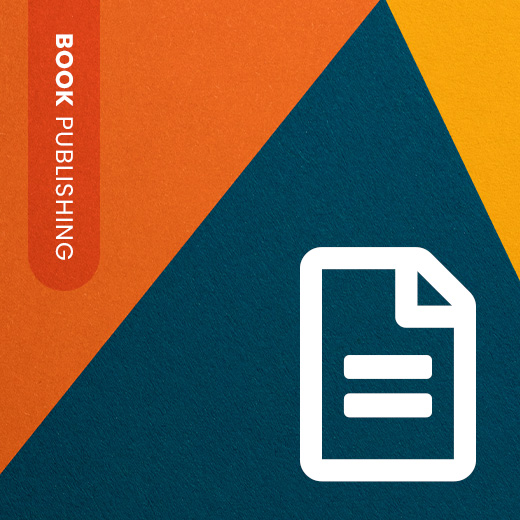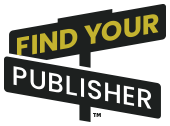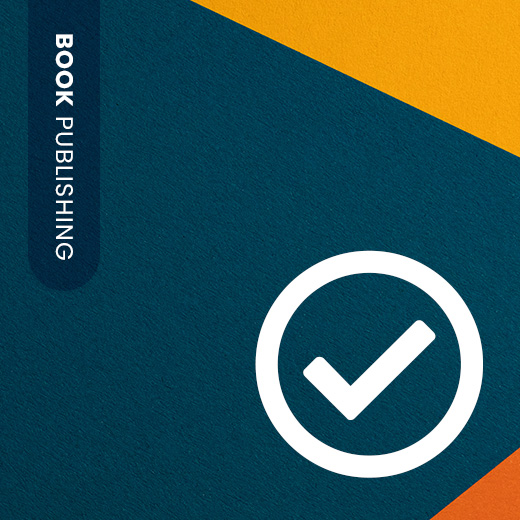Home » Book Publishing » What Authors Need to Know About Book Metadata in Publishing
What Authors Need to Know About Book Metadata in Publishing
If you’re new to publishing, there’s much to learn to reach your publishing goals. One often overlooked topic is book metadata. While it may seem like a minor technicality, getting your book’s metadata right can make a huge difference in how many readers find and buy your book. To get your book set up for success, you need to know what metadata is, where it’s used, why it’s important, and what metadata is required for publishing.
What is Book Metadata?
According to Merriam-Webster, metadata is “data that provides information about other data.” In publishing terms, metadata is the key details about your book—title, size, description, etc. This data is used to find your book online, help readers decide to buy it, and inform booksellers and librarians how to categorize or sell your book.
Where is Metadata Used in Publishing?
For Distribution:
Metadata can help get your book into readers’ hands. It’s used by online retailers like Amazon, Barnes & Noble, and Apple iBooks to display information about your book. The distributor takes the metadata and pushes it out to these platforms so your book is discoverable wherever it’s sold. When you present your book to book buyers or librarians, metadata is part of the sales sheet they review.
For Marketing:
Metadata is also used in your marketing. For example, using your book’s description and author bio consistently across your website, blog and social media profiles helps to reinforce your author brand. By using this metadata across multiple platforms you create a unified professional image that potential readers will recognize.
Why is Metadata Important?
Helps Readers Find Your Book:
When someone searches for a book online, they usually browse categories or use search terms. By having your metadata include the genre, keywords, and other search terms, you increase the chances of your book being found by people who are interested in your subject.
Convinces Readers to Buy Your Book:
Metadata isn’t just about discovery – it’s also about conversion. When someone lands on your book’s page, they’ll look at key metadata like the cover image, description, page count, format and price. The compelling this information is, the more likely they are to buy.
Reaches Your Target Audience:
Metadata is also a way to reach your niche audience. By choosing your keywords, categories, and descriptions carefully, you can ensure your book is reaching the right people – those who will buy and enjoy it. As with all marketing, targeting a specific group is more effective than casting a wide net to a general audience.
What Metadata is Required for Publishing?
Some metadata is determined by the book itself, and some of it is up to you. Generally, the following book fundamentals are required to have your book listed on retailer websites:
Book Fundamentals – Typically Required:
- Title: Your book’s name.
- Subtitle (if applicable): Adds extra clarity.
- Author or Pen Name: Your real name or pseudonym.
- Format: Paperback, eBook, audiobook etc.
- Publisher: Who published the book.
- Language: The language your book is written in.
- Page Count: Number of pages.
- ISBN: A unique identifier for your book.
- Publication Date: When your book was published.
- Book Description/About the Book: A short, keyword rich summary of your book to attract your target audience.
- Price: Your book’s retail price.
- Genre/BISAC Codes: Industry standard codes (BISAC) for your book. The more specific, the better.
- Audience Level: Intended readership (e.g., adults, young adults, children).
- Cover Image: A high quality image of your book cover.
Marketing Information – Optional:
Not all platforms allow for extra marketing information, but when they do, take advantage of the opportunity to sell your book.
- Keywords: Think of the words or phrases people might use to search for your book. Use Google or other search engines to test combinations and choose terms that match your niche audience.
- Marketing Headline: A short, punchy pitch for your book in 25 words or less.
- Editorial Reviews: Any great reviews from reputable sources.
- Endorsements: Recommendations or testimonials from experts or influencers.
- About the Author: A short, engaging bio that reflects your author brand and includes keywords to help with the search.
Optimize Your Metadata
Getting your book’s metadata right is key to reaching your target audience and selling more books. By understanding what metadata is, where it’s used, and why it matters, you can optimize it for marketing and distribution purposes. Plan your metadata as part of your overall marketing strategy to have a cohesive brand message. When optimized, your metadata gives your book the best chance of being found, bought, and enjoyed by the right people.

Don't let your manuscript sit idle
start your publishing journey now!
Get matched with a self-publishing company specifically chosen for you and the book you are publishing.
Don’t let your manuscript sit idle – start your publishing journey now!




